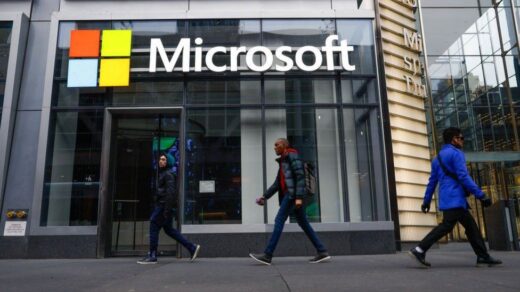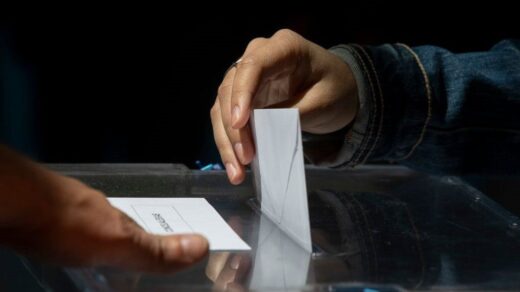Hannah Love, a baby sleep and parenting expert, has been attending festivals for her entire life. She prioritizes festivals that cater to the whole family and offer activities for children. Love also values festivals that emphasize sustainability and have a lower carbon footprint compared to traveling abroad. The festival industry is increasingly focused on reducing its environmental impact, particularly in terms of electricity usage and transportation emissions. Festivals are investing in greener energy options such as solar power and battery storage. Examples include Glastonbury Festival, which used a wind turbine and solar panels to power market stalls, and Shambala festival, which switched to sustainable power sources and vegan/vegetarian food. Mysteryland festival in the Netherlands generates 80% of its power from solar panels and has connected to the national grid. However, connecting to the grid can be challenging due to power capacity limitations. Festival organizers are recognizing the business case for sustainability as audiences increasingly expect festivals to take action. The European Green roadmap for the festival industry calls for phasing out energy generation from non-renewable fossil fuel sources. While there is limited regulation of greenhouse gas emissions from music festivals, most progress in sustainability is driven by voluntary actions from organizers. However, organizers must be cautious about making green claims and ensure they are not engaging in greenwashing.









